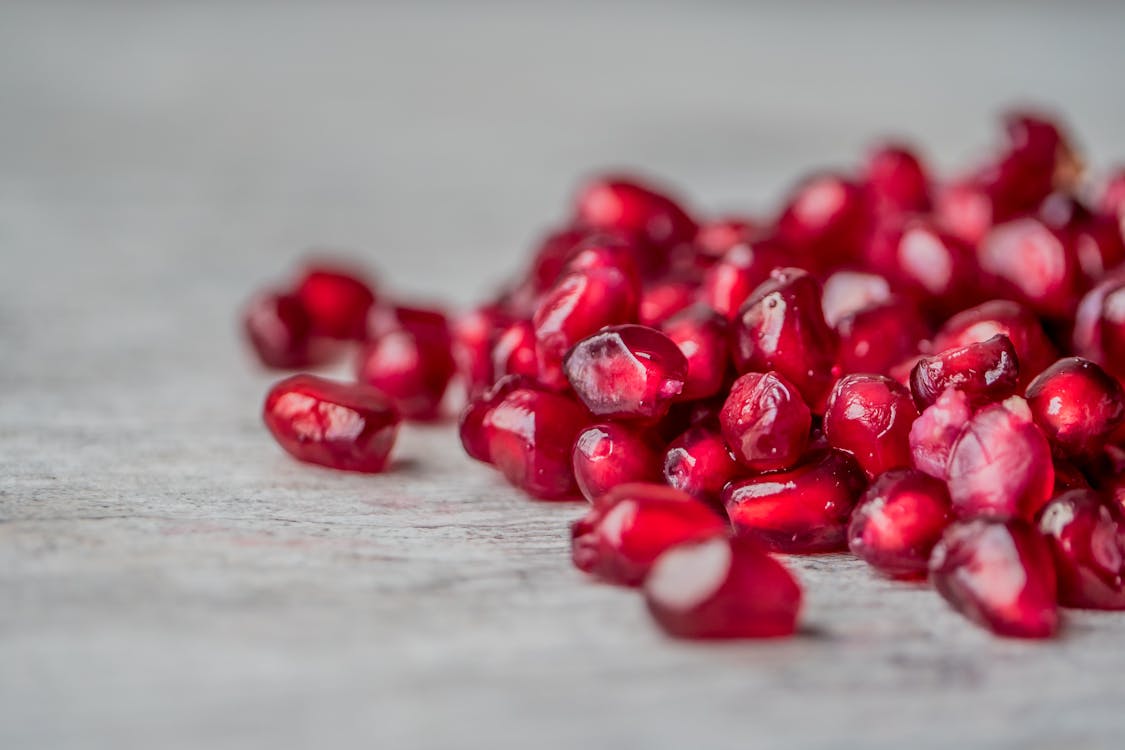Eating well is an ongoing process that requires a commitment from you and your family. If you want to succeed at eating healthy, it helps to have some tricks up your sleeve.
1. Eat a Variety of Healthy Foods
Eating a variety of foods helps you get the nutrients your body needs to thrive. This includes eating a balanced diet that includes lots of fruits and vegetables, whole grains, lean proteins, and healthy fats like olive oil.
Make sure you are consuming a variety of foods from each food group on a regular basis. This helps you maintain good health, reduce your risk of chronic disease and promote weight loss.
Ensure that you are eating a variety of healthy foods by choosing fresh, organic vegetables and fruits. It is also important to eat a variety of protein sources such as beans, nuts, seeds and eggs.
2. Eat a Healthy Breakfast
Eating a healthy breakfast helps control blood sugar levels and may also help you to maintain a steady weight throughout the day.
For a healthier breakfast, swap out refined flours and other carbohydrates for whole grains such as whole grain breads and cereals. These contain fiber, vitamins and minerals that will benefit your health in the long run.
Foods that are high in fiber can also help you to feel full longer, preventing overeating later on. Fruit and vegetables are a good choice for this purpose.
3. Eat a Healthy Lunch
Eating a healthy lunch is crucial for staying on track with your weight loss and health goals. Whether you’re bringing your lunch to work or eating in the cafeteria, making smart choices can help you maintain a healthy weight and avoid the pitfalls of overeating.
The best lunches are packed with lean protein, fruits and vegetables, whole grains and healthy fats. Think roasted veggies with chicken and avocado, a salad with salmon and olive oil dressing or a bowl of fiber-rich foods like beans, nuts, cheeses and whole grains.
4. Eat a Healthy Snack
Fruits and vegetables are great snack options that provide fiber, carbohydrates and protein. They can be enjoyed alone or with a dip such as low-fat yogurt, guacamole or hummus.
If you’re on the go, pack up containers of fresh fruits and veggies like baby carrots, snap peas or clementines. Or, try a roasted vegetable salad.
5. Drink Water
Drinking water is one of the most important things you can do for your health. It helps prevent dehydration, keeps hunger at bay and helps you feel energized.
A healthy hydration routine can improve your sleep, help you avoid headaches and skin problems, and aid your digestive system.
It may also boost your metabolism and promote weight loss.
In fact, a study published in Clinical Nutrition Research found that drinking 500 ml of water before a meal helped overweight and obese participants eat less than the control group who didn’t drink any water. It also reduced their body fat and total calories by about 50 kcal
Healthy Tips For Optimal Health
6. Exercise Regularly
It also releases feel good hormones called endorphins which can help you improve your mood and de-stress.
You don’t have to run a marathon to benefit from exercising regularly, but 30 minutes of daily movement is a good goal for most people.
Exercising can be as simple as going for a walk, playing with your kids or taking the dog for a run. It can even be as easy as walking up stairs and carrying boxes.
7. Don’t Skip Meals
Skipping meals can lead to overeating, a condition known as binge eating, and even an eating disorder.
It can also make your metabolism slow down and make you feel sluggish.
You’ll need to eat three healthy meals and one snack every day to be successful at eating healthier, according to dietitian Kerry Leech.
She adds that breakfast is the most important meal of the day, and it’s especially essential for weight loss.
“Breakfast ‘breaks the fast’ and gets your body started for the day”, she says.
8. Eat Leaner Sources of Protein
A great way to keep your calorie intake down and help your metabolism is to eat a healthy source of protein with each meal. This is not only good for your muscles, but it can also help stabilize blood sugar and keep you feeling fuller longer.
For the best results, avoid processed meats, which tend to be high in fat and sodium. Instead, eat poultry, fish or leaner cuts of beef.
Fatty fish, such as salmon, contain heart-healthy omega-3 fatty acids that can lower triglycerides, decrease inflammation and lower your risk for heart disease. Eggs are also a great source of protein, with a single cup containing only one gram of fat.
9. Eat on a Regular Schedule
Eating on a regular schedule is an important step towards eating healthy. It helps to make mealtimes more enjoyable. Set a specific time for each meal and snack and try to stick to it. This can be especially helpful if you work from home, as your fridge and pantry will be right at your disposal. You can also try scheduling meals with friends and family, if you can find time to do so.
In addition, make sure you’re drinking plenty of water – it’s an important part of maintaining good health. The best way to ensure you get enough fluids is to drink at least eight 8-ounce glasses of water a day. It’s not only a healthy habit to form, but it can keep you feeling hydrated and alert.
10. Keep Healthy Foods Available
Fruits and vegetables also help you eat more whole grains, proteins, and fats. They are also a great source of antioxidants that may prevent disease, improve cognitive function, and reduce your risk for cardiovascular problems.
Make it a habit to keep these healthy foods within reach, especially at work. This can help you avoid unhealthy snacks and meals, while keeping you nourished and satisfied. You can even keep a bowl of fruit in your desk or car console to grab when you’re hungry. It will also save you time and money in the long run. Just be sure to buy the best quality ingredients!





